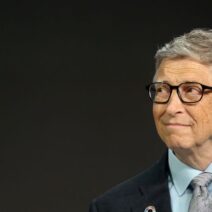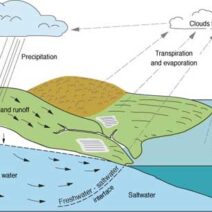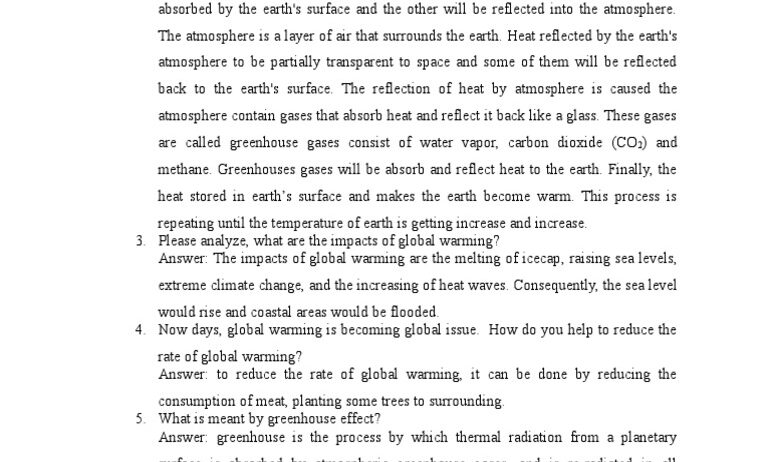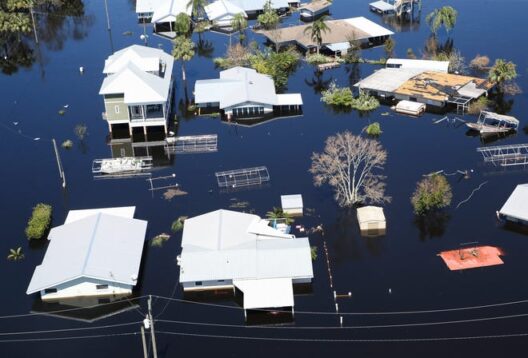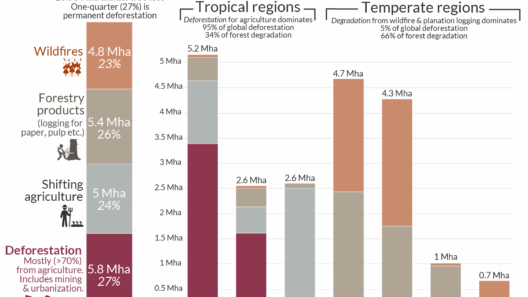Throughout the annals of public discourse, the interplay between debates and pressing global issues has often manifested in myriad ways. One of the contemporary dialogues of paramount importance is the discourse surrounding climate change, particularly the phenomenon known as global warming. This discussion can often resemble a debate round more than an essential crisis due to the patterns of argumentation, rhetoric, and often, polarization around the issue. This exploration seeks to elucidate the intricate dimensions of global warming, interrogating whether it remains a civilized debate or has morphed into a manifest crisis demanding immediate attention.
At its core, the global warming debate centers around the fundamental question: What are the anthropogenic contributions to climate change? The bulk of scientific consensus underscores that human activities—primarily through the combustion of fossil fuels and deforestation—have substantially increased concentrations of greenhouse gases in the atmosphere. The resultant greenhouse effect, whereby heat is trapped and global temperatures rise, is not merely theoretical; empirical evidence corroborates this trajectory. Among the voluminous body of literature, reports from the Intergovernmental Panel on Climate Change (IPCC) highlight alarming trends across multiple metrics, including rising sea levels, shifting weather patterns, and increases in the frequency—and intensity—of extreme weather events.
However, the dialogue around global warming often becomes ensnared in adroitly orchestrated debate formats. Policymakers and activists alike may wield statistics, ranging from temperature anomalies to carbon emissions data, as weapons in a broader rhetorical arsenal. One must consider the underlying cognitive dissonance when discussing climate change. Opponents often position personal ideology against prevailing scientific consensus, cultivating a polarized environment that can obfuscate genuine understanding. The tension between climate skeptics and advocates can often reduce the multi-faceted nature of climate science to binary oppositions—essentially transforming a critical issue into a spectacle of debate.
This polarization leads to the proliferation of misinformation, a virulent aspect of the climate discourse. A plethora of platforms disseminate dubious claims which serve to further entrench partisan positions. Counterfactual assertions become woven into the discourse, often masking the urgency of the crisis at hand. A notable example can be found in the discussion of climate models, which some skeptics disparage, despite their foundational role in predicting future scenarios based on current trajectories. Within the climate narrative, this surge of misinformation poses existential questions: When does a debate veer into denial? And at what point does information devolve into disinformation?
Transitioning from the socio-political aspects of the climate discourse, the implications of global warming extend far beyond mere political posturing; they encompass stark existential realities. Climate-induced phenomena such as floods, droughts, and wildfires are not mere forecasts—they are lived experiences that have already become quotidian for many communities around the globe. The relationship between global warming and socioeconomic fragility cannot be overlooked. Vulnerable populations, particularly in developing nations, disproportionately bear the brunt of climate change repercussions, leading to exacerbated displacement, food insecurity, and health crises.
Moreover, economic repercussions are becoming increasingly evident. As land degradation accelerates and ecosystems falter, the agricultural yields diminish, representing a crisis that extends to food supply chains globally. Industries reliant on natural resources, from fisheries to tourism, face obliterating challenges as climate change alters the landscapes and biodiversity crucial for their sustenance. This economic perspective underscores the imperative for collective action, transcending the classroom debates to embrace collaborative frameworks that inspire change. Policies promoting renewable energy, carbon markets, and sustainable land use are no longer primarily theoretical proposals—they represent potential lifelines in the effort to combat the existential threat posed by climate change.
Education constitutes another critical avenue through which the global warming narrative can evolve. From grassroots initiatives to institutional curricula, disseminating robust knowledge about climate science fosters informed citizenry. Educational endeavors can equip individuals with critical thinking skills necessary to navigate the complex web of climate information. Empowering citizens to scrutinize sources, interpret data critically, and engage in constructive dialogues is paramount for fostering resilience against misinformation. Indeed, education serves as a robust countermeasure to the myopic perceptions that can arise from narrow debate structures.
Furthermore, exploring solutions necessitates a discussion about collective responsibility. Each individual’s carbon footprint, while seemingly minuscule in isolation, collectively contributes to global atmospheric changes. Initiatives like reducing meat consumption, embracing circular economies, and fostering lifestyle changes toward sustainability invigorate community engagement. By moving past individualistic mindsets and fostering collective action, communities can transform their local landscapes and contribute toward mitigating climate change more broadly.
Conclusively, framing the global warming conversation as either a debate or a crisis belies the complex nuances involved. The propensity for ideological entrenchment detracts from the urgency and reality of the issue, imploring stakeholders to reassess the value of collaboration over contention. The catastrophic implications of anthropogenic climate change necessitate a transcendent approach—one that embraces education, dissemination of truthful information, and collective responsibility. Climate change is not an abstract debate; it is a tangible and pressing crisis that requires forthright action. By fostering an inclusive dialogue characterized by a commitment to factual integrity, collaboration, and resilience, society can endeavor toward a sustainable future where informed collective action supersedes the limitations of ideological debate.
